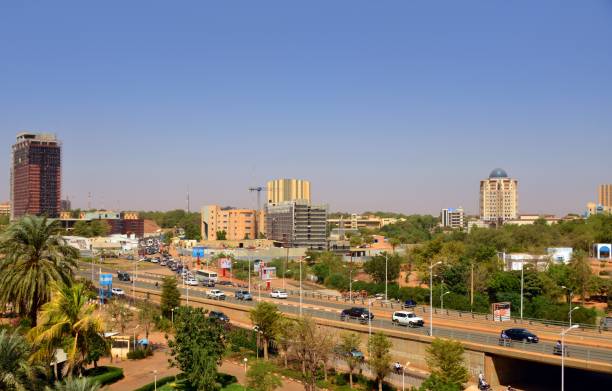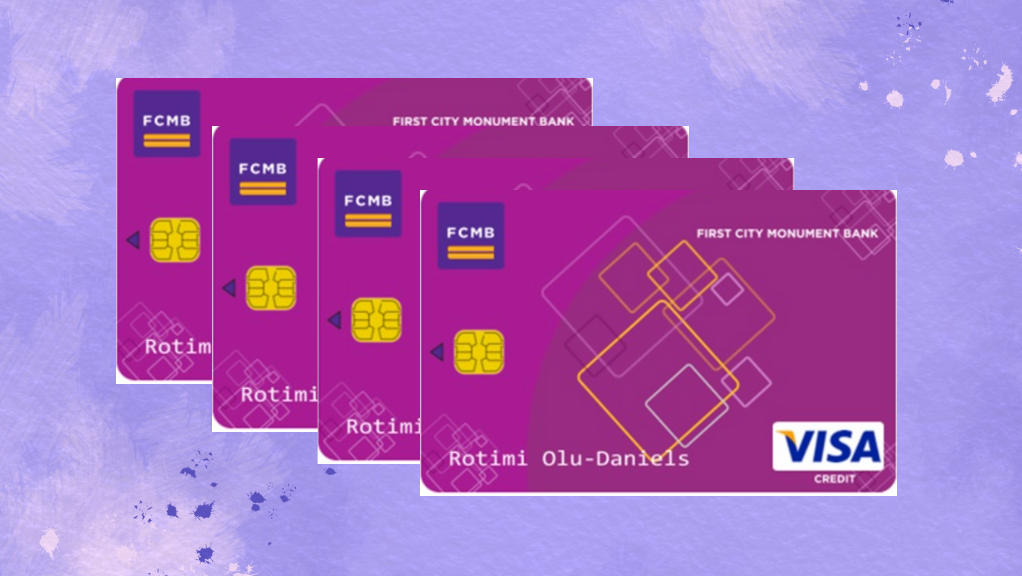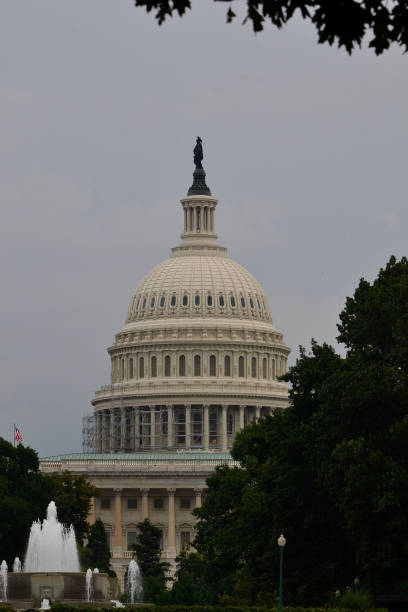News
Niger actual situation
Niger is a landlocked country in West Africa facing multiple challenges. Read more about the recent happens.
Advertisement

Niger is one of the poorest countries in the world, with a largely agricultural economy that is vulnerable to climate shocks and fluctuations in global commodity prices. According to the World Bank, Niger’s gross domestic product (GDP) per capita was $505 in 2020, making it one of the least developed countries in the world.
Despite these challenges, Niger’s economy has shown some signs of growth in recent years, with the International Monetary Fund (IMF) projecting a 4.5% increase in GDP in 2021. The government has implemented economic reforms to improve the business environment and attract foreign investment, and has made progress in diversifying the economy beyond agriculture.
Niger’s government has also worked to address the country’s infrastructure deficits, including investing in transportation networks and improving access to electricity. In addition, the country has made some progress in improving access to education and healthcare, although many challenges remain in these areas.
Niger continues to face significant economic challenges, however, including high levels of poverty and food insecurity, as well as a growing refugee and migrant crisis. The pandemic has also had a significant impact on the country’s economy, with disruptions to supply chains and declining global demand for commodities such as uranium, which is a major export for Niger.
Overall, Niger’s economic situation remains challenging, but the government and its international partners are working to address these issues and promote economic growth and development.
Niger has experienced a number of tragedies and challenges in recent years, including the following:
- Terrorism: Niger is located in the Sahel region of West Africa, which has been a target for terrorist groups such as Boko Haram, ISIS, and Al-Qaeda. Niger has experienced a number of deadly attacks, including the 2013 kidnapping of a French family, the 2015 suicide bombings in the city of Diffa, and the 2020 attacks in the Tillabéri region that killed more than 100 people.
- Poverty: Niger is one of the poorest countries in the world, with high rates of poverty and food insecurity. The country has also been affected by droughts, floods, and other natural disasters that have exacerbated these issues.
- Migration: Niger is a key transit point for migrants and refugees traveling from sub-Saharan Africa to North Africa and Europe. The country has struggled to manage the influx of migrants, and many have suffered abuse and exploitation on their journeys.
- Health crises: Niger has also faced a number of health crises, including outbreaks of cholera, measles, and meningitis. The country has a weak healthcare system, and many people lack access to basic healthcare services.
Despite these challenges, Niger has also made some progress in recent years. The country has made strides in education, with increasing numbers of children attending school, and has seen some improvements in healthcare access and outcomes. However, much more work is needed to address the ongoing challenges facing Niger and to improve the lives of its people.
Niger has faced a number of tragedies in recent years, including terrorism, poverty, and health crises. Despite these challenges, the government and its international partners have made some progress in addressing these issues and improving the lives of Niger’s people.
In response to the terrorism threat, Niger has worked to strengthen its security forces and expand cooperation with neighboring countries to combat extremist groups. The country has also made efforts to promote stability and development in conflict-affected areas.
Niger continues to face significant economic challenges, including high levels of poverty and food insecurity, and the pandemic has further exacerbated these issues. However, the government has implemented economic reforms to improve the business environment and attract foreign investment, and has made progress in diversifying the economy beyond agriculture.
In the areas of education and healthcare, Niger has made some progress in improving access and outcomes, but much work remains to address these challenges. The country also continues to grapple with the growing refugee and migrant crisis, with the government and international organizations working to provide assistance and support.
Overall, while Niger faces ongoing challenges, the government and its partners are working to promote stability, development, and progress in the country.
Trending Topics

FCMB Visa Card Classic: Learn More
Get the best out of your finances with the FCMB Visa Credit Card Classic. Benefit from flexible payment options, worldwide acceptance.
Keep Reading
Keystone Bank Visa Card: Learn More
Check out throughout this text how the Keystone bank Visa Card credit card has to offer you when it comes to benefits.
Keep Reading


